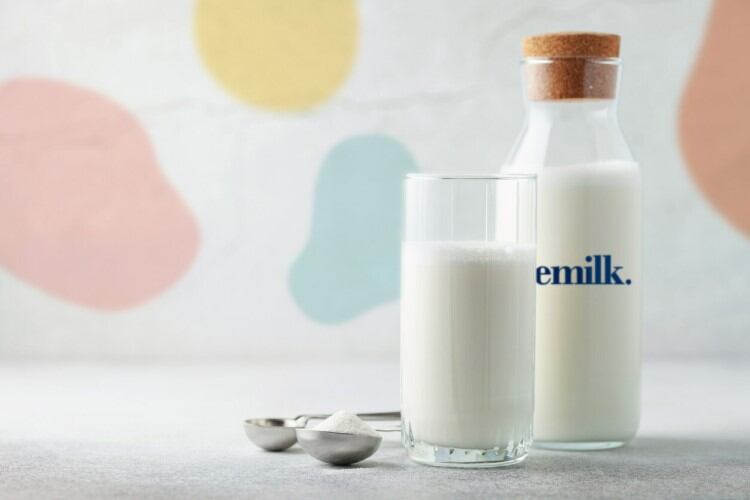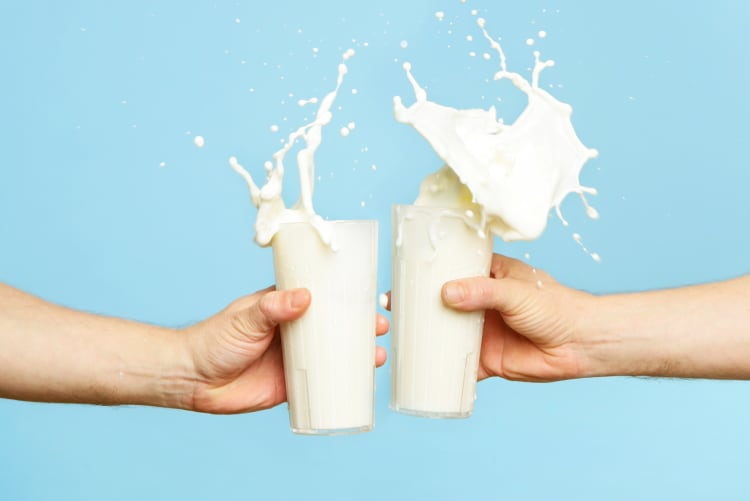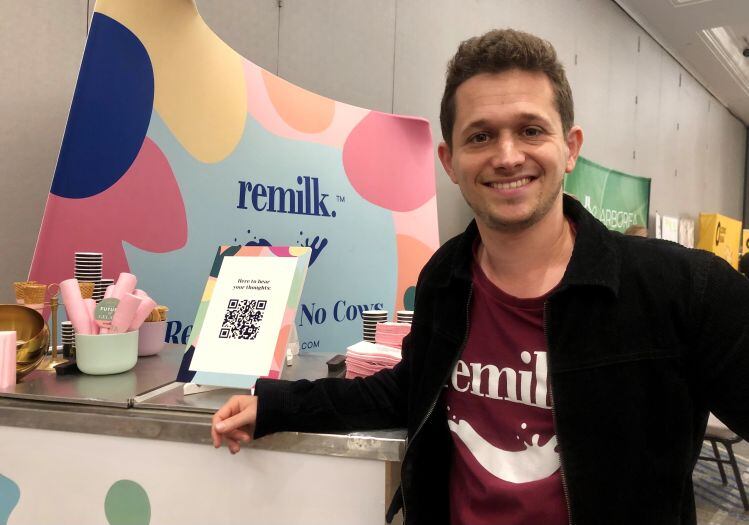The decision was hailed as a ‘defining moment’ for the alternative protein sector by Remilk CEO Aviv Wolff, who commented: “This is a defining moment, not only for Remilk, but for the entire global alternative protein industry and the state of Israel, one of the first in the world to recognize the significance of precision fermentation.
“The opening of the Israeli market to real, animal-free dairy products will place Israel not only at the forefront of global food-tech research and development, but also as a leading market in the world for new food consumption. Today's news opens the door for the introduction of high-quality and nutritious animal-free dairy products.”
The regulatory approval, granted by Israel’s Ministry of Health, establishes the country as one of the first globally to offer consumers access to products made with bio-identical proteins derived through precision fermentation rather than traditional dairy farming.
The process leverages microorganisms to produce complex organic molecules such as proteins and enzymes. The market potential for this type of dairy alternatives production is significant. Startups specializing in the method have sprung up in large numbers in recent years, with the global precision fermentation market tipped to grow at staggering 42.7% per annum from 2022 to 2031, according to Allied Market Research.
But while the premise of developing dairy products that boast identical nutritional and functional properties as the real thing but have a lesser impact on the environment may be appealing, the route to industrialization is marred with difficulties. One is investment; another is finding a way to scale production up, and a third is gaining regulatory approvals. Meanwhile, publicly available consumer research into the perception towards animal-free dairy is limited, but a joint study published in 2021 by the University of Bath and German start-up Formo found that 78.8% of those surveyed were probably or definitely likely to try animal-free alternatives. https://www.frontiersin.org/articles/10.3389/fsufs.2021.678491/full
Non-animal dairy alternatives ‘on the horizon’
Remilk has already overcome all three barriers, having raked £130m in investment and is already producing its protein at industrial volumes. The company has also signed an agreement with the Central Bottling Company (CBC Group) - the exclusive Israeli franchisee of Coca-Cola - to launch a line of dairy products made with Remilk’s protein for the Israeli market.
The agreement with CBC Group was announced in July 2022, with CBC looking to develop and launch a new line of dairy beverages, cheeses and yogurts created with Remilk’s precision-fermentation-derived protein. At the time, commercial launch was planned ‘within 12 months, pending regulatory approval’.
Now that Remilk obtained regulatory approval for selling and marketing products that contain its cow-free protein, DairyReporter reached out to Remilk for details on the development and potential release of this range. “As far as the product launch from CBC, this will be their news to announce at a later date,” we were told. Remilk CEO Aviv Wolff has hinted however that arrival of the new line could be around the corner, stating: “The product launch planned with the Central Bottling Company is on the horizon as we continue to realize our vision of creating new food systems that can provide nutritious and high-quality solutions for the world's growing population.”
In addition to getting the thumbs-up in Israel, Remilk has also obtained an FDA ‘No Questions’ letter, confirming FDA acceptance of the biotech firm’s self-affirmed GRAS status. The start-up has also received regulatory clearance from the Singapore Food Authority.



